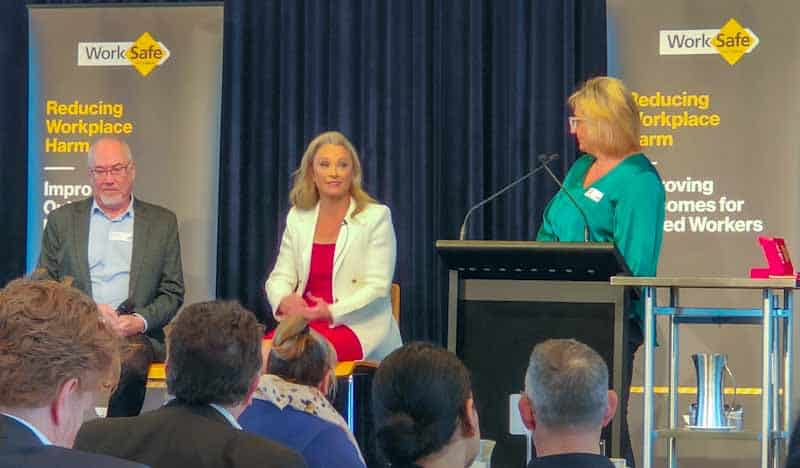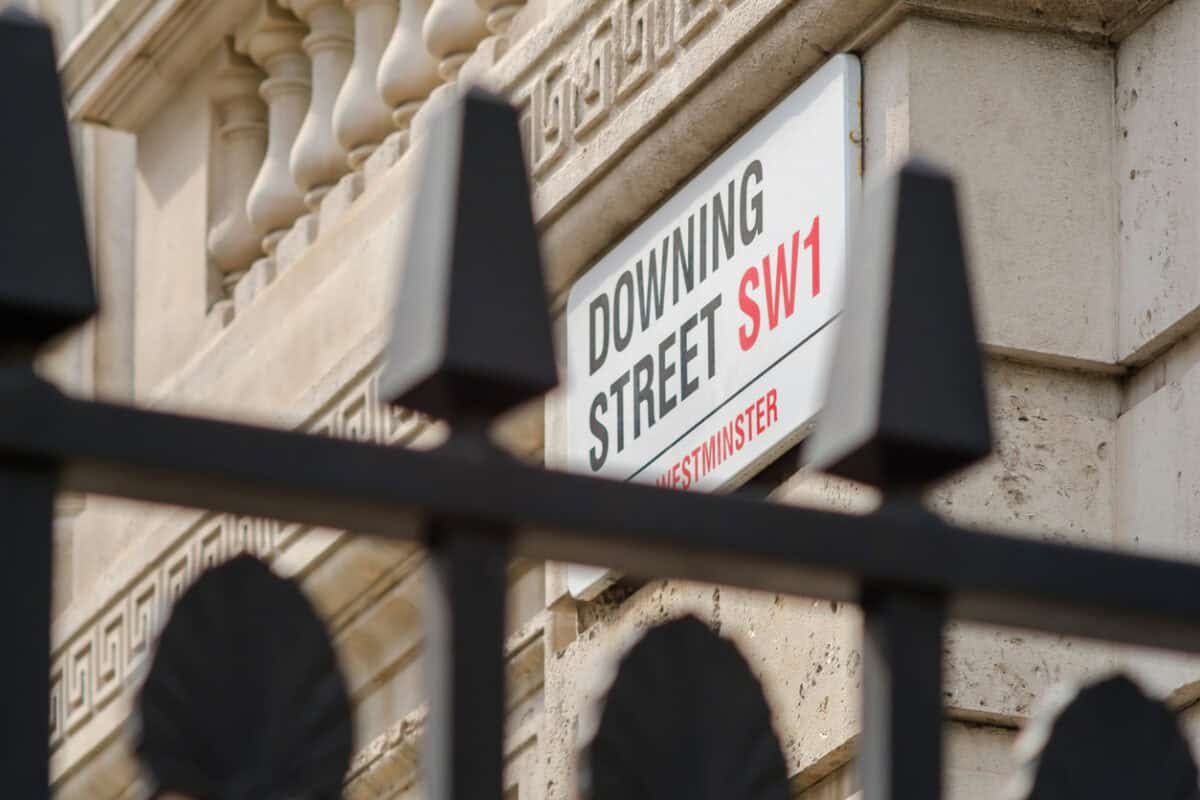This week, the Australian Institute of Health and Safety (AIHS, formerly the Safety Institute of Australia) is hosting its national conference in Melbourne, Australia. The heyday of occupational health and safety (OHS) conferences seems to have passed in Australia as, perhaps, was confirmed by the varying responses to last year’s World Congress on Safety and Health at Work. But expectations for this week’s conference are high; at least mine are.
But are those expectations too high? There is a direct competitor for OHS ears and eyes (no matter the arguments) in the same building at the same time, the Workplace Health and Safety Show. The AIHS Conference needs to work hard to retain its prominence and, most importantly, its influence. It is worth reflecting on how this messy situation came about.






